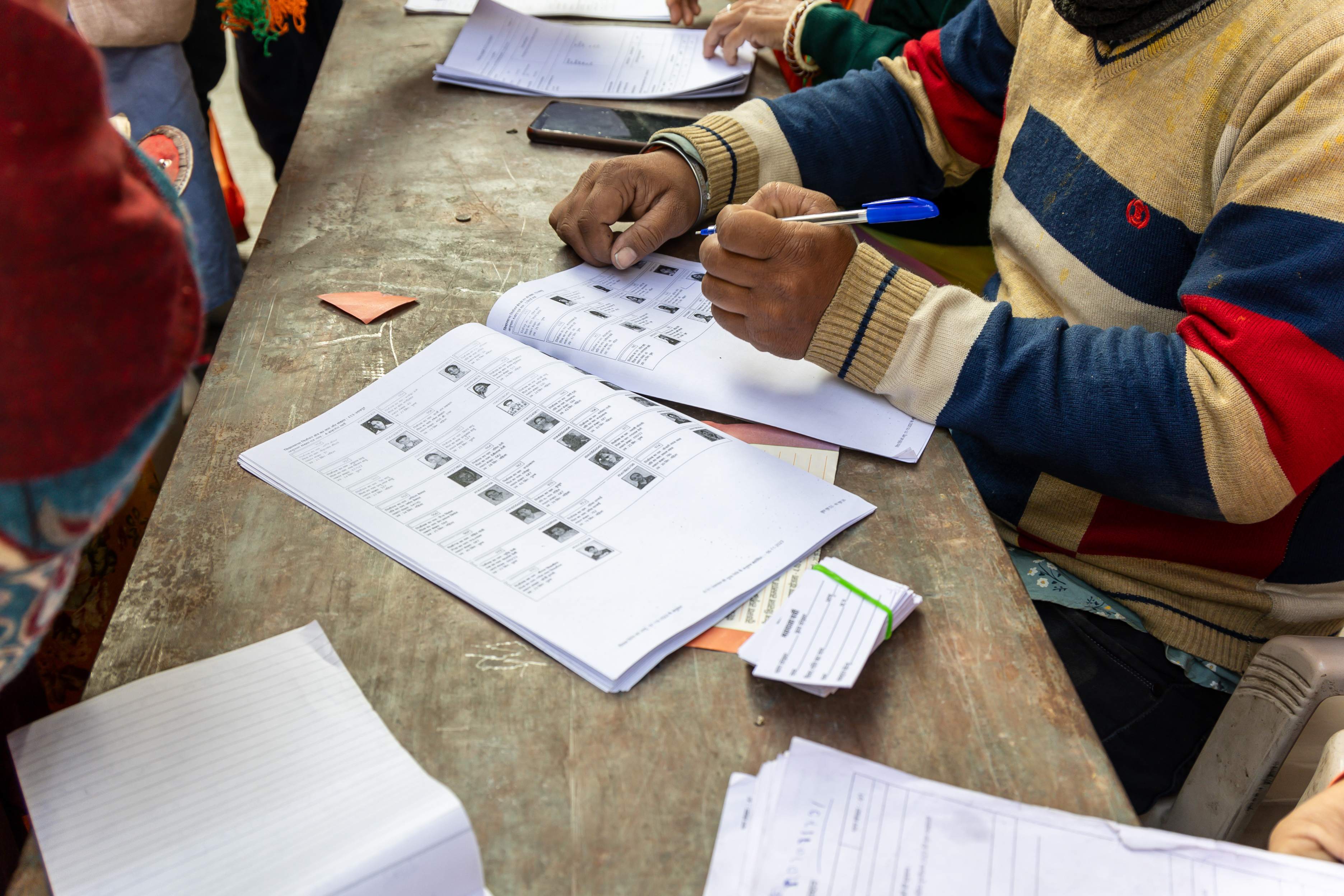Election misinformation is a problem in any language. But some gets more attention than others
Mar 20, 2024

WASHINGTON (AP) — Warnings about deepfakes and disinformation fueled by artificial intelligence. Concerns about campaigns and candidates using social media to spread lies about elections. Fears that tech companies will fail to address these issues as their platforms are used to undermine democracy ahead of pivotal elections.
Those are the worries facing elections in the U.S., where most voters speak English. But for languages like Spanish, or in dozens of nations where English isn’t the dominant language, there are even fewer safeguards in place to protect voters and democracy against the corrosive effects of election misinformation. It’s a problem getting renewed attention in an election year in which more people than ever will go to the polls.
Tech companies have faced intense political pressure in countries like the U.S. and places like the European Union to show they’re serious about tackling the baseless claims, hate speech and authoritarian propaganda that pollutes their sites. But critics say they’ve been less responsive to similar concerns from smaller countries or from voters who speak other languages, reflecting a longtime bias toward English, the U.S. and other western democracies.
Click here to explore this article's original source for more.
